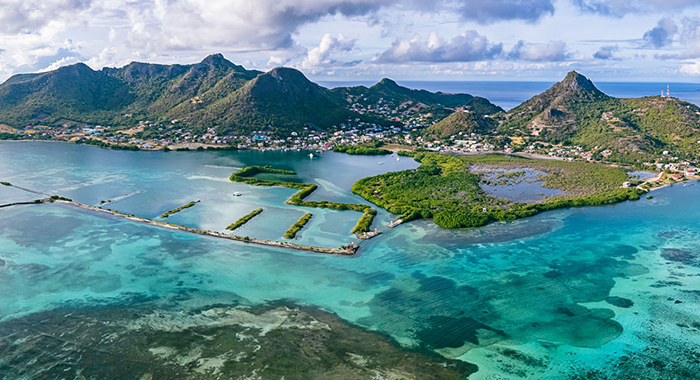In the aftermath of the 2020 elections in St. Vincent and the Grenadines (SVG), Prime Minister Ralph Gonsalves of the Unity Labour Party (ULP) claimed victory in the popular vote on the mainland. However, this assertion has sparked significant controversy, as the New Democratic Party (NDP) secured 32,900 votes, marking their first popular vote win since 1998. Gonsalves’ analysis has been criticized for disregarding the votes of Grenadine residents, effectively marginalizing their political voice. This approach raises questions about the inclusivity of the electoral process in SVG, a multi-island nation where all citizens, regardless of their island of residence, should hold equal political weight. Gonsalves’ rhetoric, which emphasizes the mainland’s majority while sidelining the Grenadines, has been likened to absurd hypotheticals, such as the NDP claiming victory by excluding certain constituencies. The Prime Minister’s stance contradicts his earlier campaign messaging, which lauded the citizen as the highest office in the land. This inconsistency has led to concerns about the political representation of Grenadine residents, who have historically supported the NDP. The situation worsened in July 2024, when Hurricane Beryl devastated the Grenadines. Instead of prioritizing relief efforts, the ULP was accused of exploiting the disaster for political gain. Gonsalves’ remarks at the opening of the Union Island Ferry Terminal, where he framed appliance distribution as a means to sway voter allegiance, further highlighted the transactional nature of the relationship between the government and Grenadine residents. Chevonne Stewart’s assertion that proper representation for the Southern Grenadines hinges on a cabinet seat underscores the systemic neglect faced by the region. Historical data reveals that the NDP has consistently won the Grenadine vote since 1979, with the 2020 margin being the largest in ULP’s history. This trend reflects decades of neglect by the ULP, which has failed to secure a single Grenadine seat since its inception in 1994. The upcoming 2025 election cycle presents an opportunity to address these disparities and ensure equitable representation for all Vincentians.
